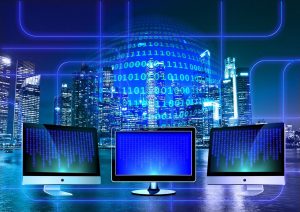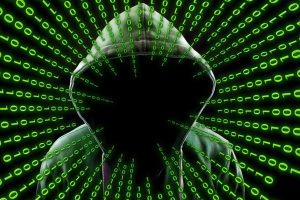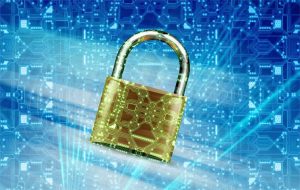
With the existence of computers, whether connected to the Internet or not, there will always be a need for antivirus software. Cybercriminals will never cease looking for methods to commit fraud, cause widespread damage, or just experience the thrill of breaking into a computer. When looking for antivirus software, purchase a program that is well-known, requires a subscription, and provides real-time updates. This is important because it will give you protection against the latest threats.
There are antivirus forums where discussion and questions about specific antivirus can be done easily. You can follow those pages and know more about antivirus. Windows 10 comes with its own antivirus and anti-malware software (Windows Defender), but you might need additional protection for your online browsing.
Notable harms caused by viruses include:
- Corrupt and damaged files
- Your computer’s performance will be slowed
- Files missing from the computer’s hard disk
- Data theft
- Computer program and application misbehavior
1. Virus and Malware Protection
Viruses enter users’ systems without the users’ knowledge. They can replicate and spread themselves, performing malicious actions that can ruin the system and make it impossible for a user to access their data/files. A computer virus can be thought of as a malware infection, like human viruses that affect the way that humans perform.
This malicious software can be prevented by:
- Ensuring your computer has a very powerful antivirus
- Ensuring the antivirus updates often
- Ensuring antivirus protection necessitates responsive services
An antivirus software primarily performs a preventive function. It scans for potentially harmful code and then deletes it. Note that this process is mostly completed before the malicious program can cause any damage.
2. Defending Your Data from Data Thieves and Hackers
To combat this type of cybercrime, the importance of anti-phishing software has grown. This antivirus software helps you identify publications or emails that are sent to you by attackers. Antivirus threat detection warns you when an email attachment is a phishing scam. Individuals must take a proactive stance in cyber security education and training for themselves. They regularly scan the system for signs of a hacker or hacking-based programs.
3. Protection from Unnecessary Expenses
For a business owner, a computer that is infected might refuse to work, making a team member lose hours or days of work and impose a cost of repairing the system. Business owners and individuals can also be blackmailed when vital information is stolen from the computer. Having a functional antivirus will be of great benefit on expenses in the long run.
If you are low on cash and desire free antivirus software, then you can try the free version of antiviruses.
4. Protects Against Removable Devices
It is not written on any external device that it is infected with viruses, but only antivirus software can tell you when you insert it into your system. A good antivirus program will work in the background to quarantine any traces of malicious code that may attempt to enter the computer from a removable device. Whenever a virus is detected by the program, the software will act immediately to isolate all traces of the virus. The malicious actor will be quarantined and evaluated by the antivirus program. The antivirus program will assess the threat’s viability and save it in the vault. In fact, periodically checking the antivirus vault will help keep the computer clean and running smoothly.
5. Prevent Malicious Spam and Ads

Although many pop-ups and spam emails from reputable businesses are safe, adware programs can produce spyware that hijacks your browser and collects personal information. It blocks advertising so you don’t suffer from fraudulent advertisements. A quick survey of how viruses enter the computer systems of their targets reveals that pop-up ads and websites are common means of entry. For more potent protection from spyware, spam, and pop-ups, a potent antivirus program will do effective work. This software bars your systems from spyware; it repels the most damaging and stealthy threats.
Protect Your Identity, Files and Data
Antivirus software examines any files that come into your system for abnormalities or signs of malicious programming. These viruses could infect your network and cause harm to your data and files. Your data could be completely destroyed by such viruses.
Identity protection is guaranteed with the majority of antivirus programs. They can simply steal your information thanks to contemporary advances in malware and viruses. The harmful behavior of these Trojan files and software is immediately detected and identified by antivirus software. Also, don’t allow them to succeed in their goal.
Conclusion
Cybercriminals utilize a variety of methods to install malware on computers, some of which involve duping unwary users into installing the dangerous program. Never open attachments from unknown senders or follow links from unknown senders. Never give out confidential information such as passwords, even if it looks like it originated from an administrator. Use strong passwords regularly.
Although you may think you are taking the proper precautions when online by visiting reputable sites and downloading from official sources like the Windows Store, or iTunes, you really aren’t as safe as you think. Therefore, it is vital to protect yourself with antivirus software that offers web protection or internet protection.



